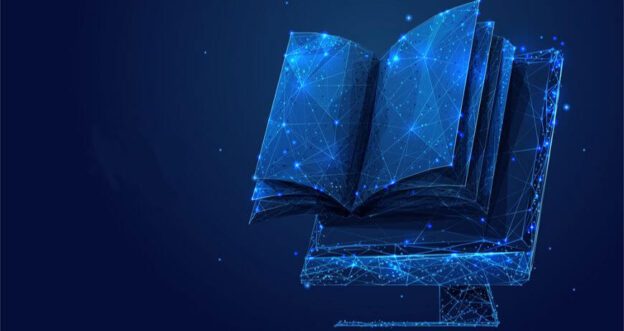12 hours of instruction
Prepares practitioners to tackle the automated analysis & interpretation of images with practical computer vision systems. This includes the rudiments of computer vision theory & methods (e.g., feature extraction, object recognition, registration, segmentation, etc.).
PREREQUISITES
Participants should have undergraduate-level knowledge of mathematics (specifically calculus and linear algebra). They should also be comfortable using the Python language and, in particular, working with standard Python tools for data analysis & visualization (notably NumPy, Pandas, Jupyter, and Matplotlib). No prior experience using libraries for computer vision (e.g., OpenCV, etc.) is expected.
LEARNING OBJECTIVES
- Articulate & apply standard computer vision concepts & terminology (e.g., filtering, convolution, registration, segmentation, etc.) in relevant application contexts.
- Implement standard elementary image processing tasks (e.g., convolution, filtering, etc.) the hard way (e.g., using NumPy & related numerical tools)
- Apply standard tested libraries (e.g., OpenCV) for more sophisticated image analysis tasks (e.g., edge detection, median filtering, constructing scale-space image pyramids, etc.)
- Identify practical constraints in computer vision application scenarios & choose appropriate technologies required for building production systems.
- Modify or tune the architecture of an existing computer vision pipeline to meet specific performance optimization criteria.

